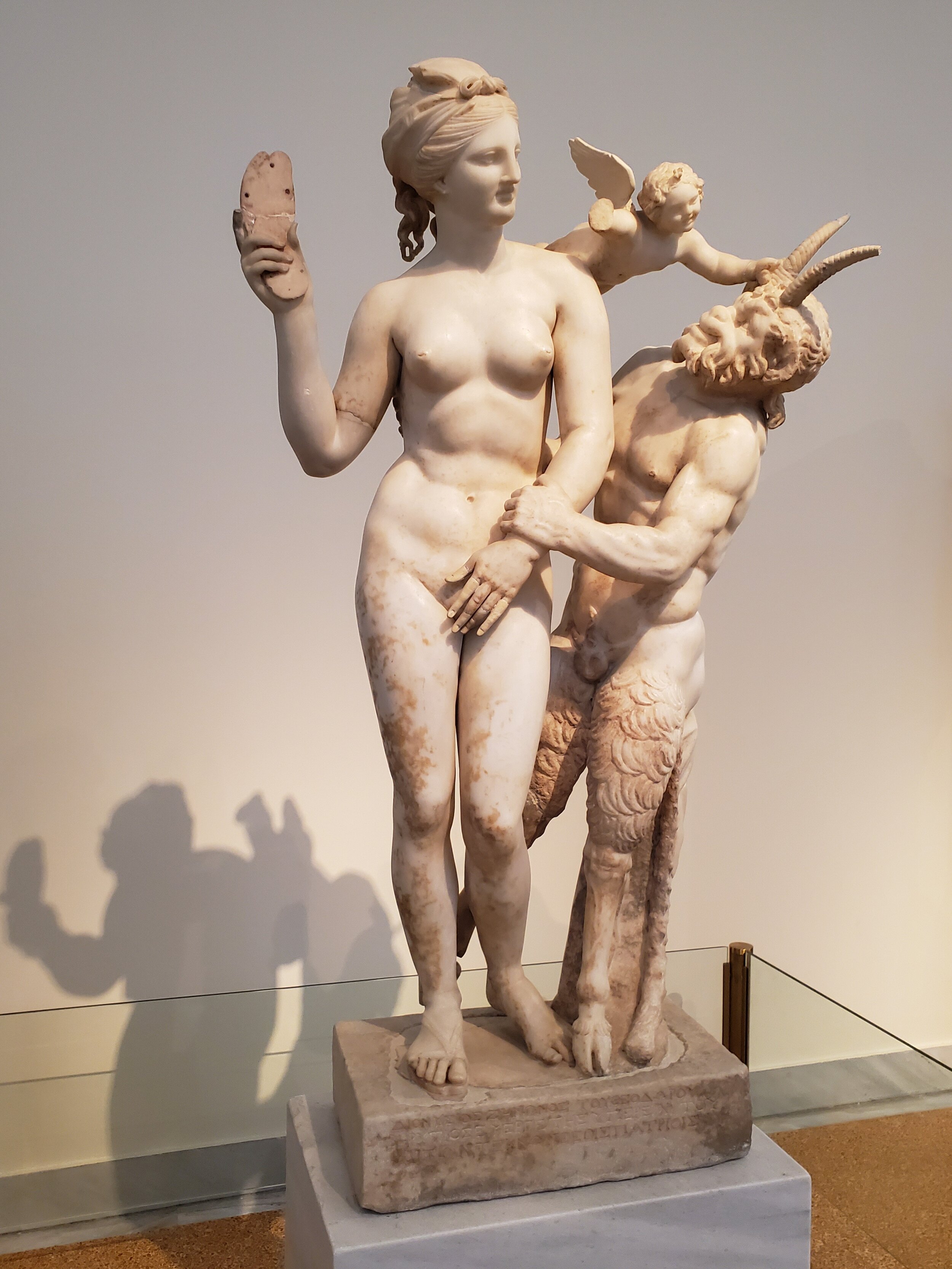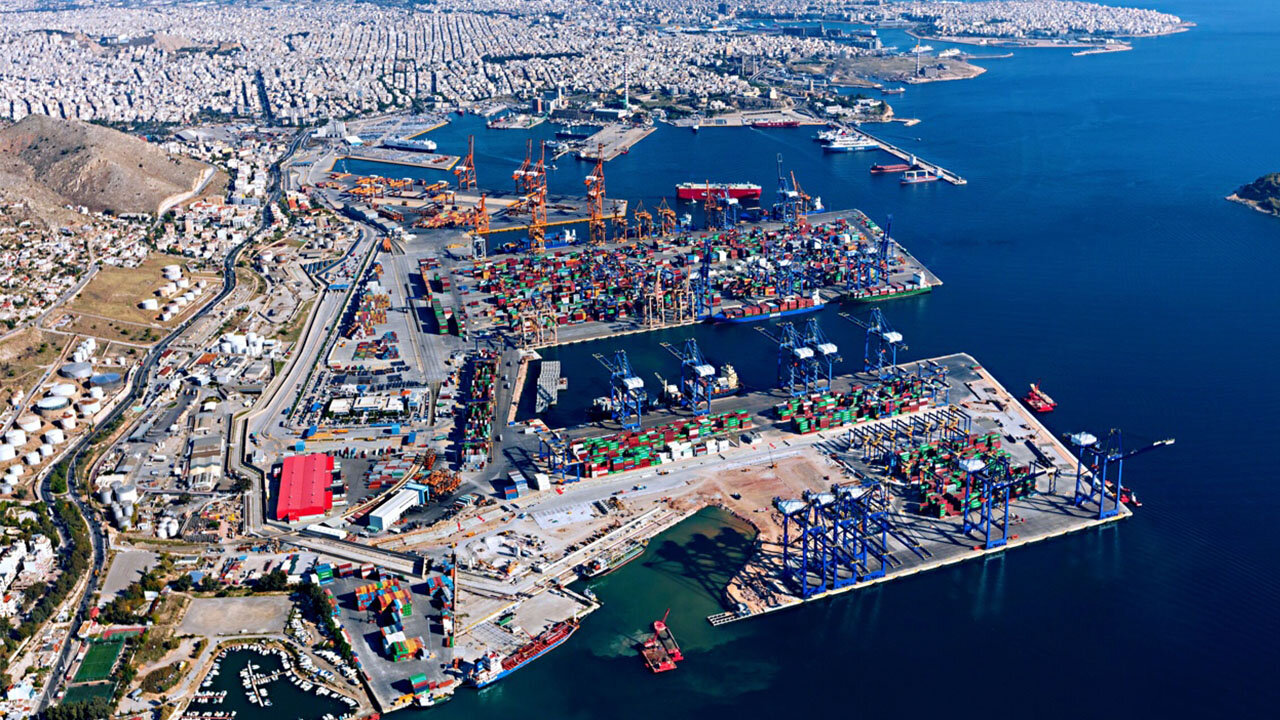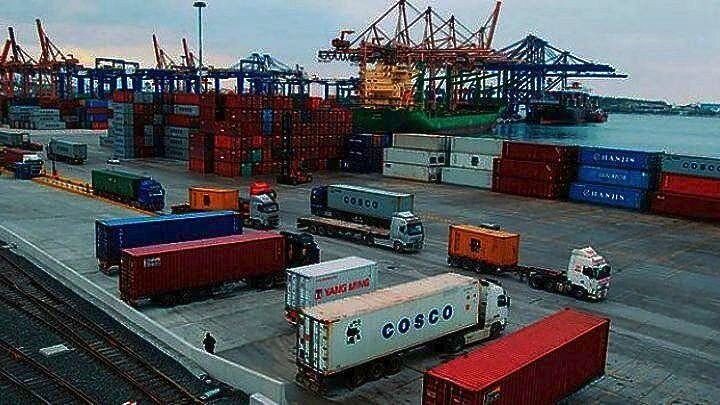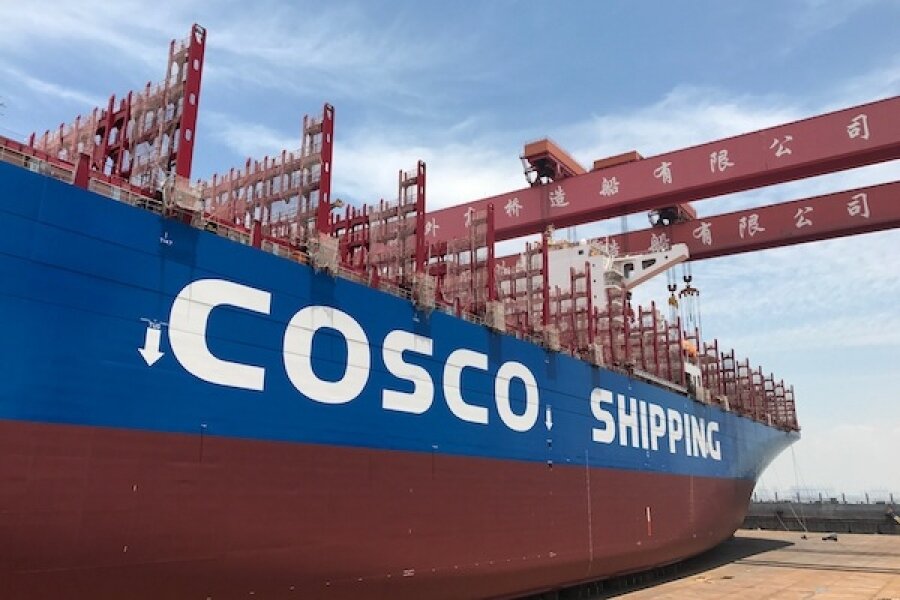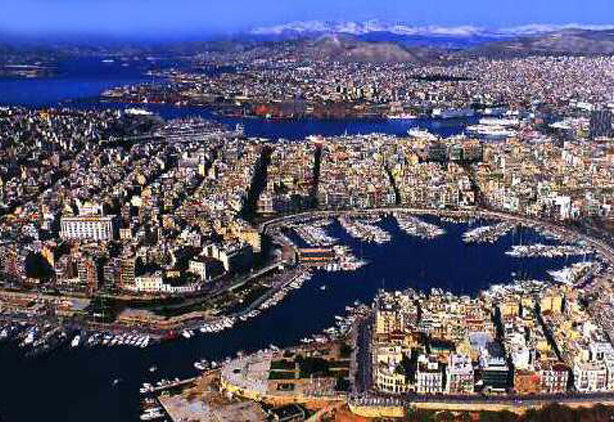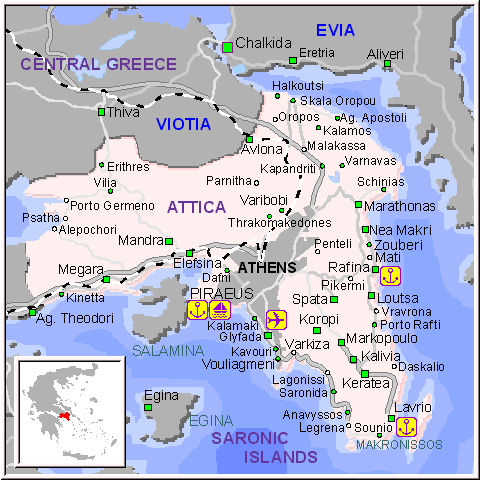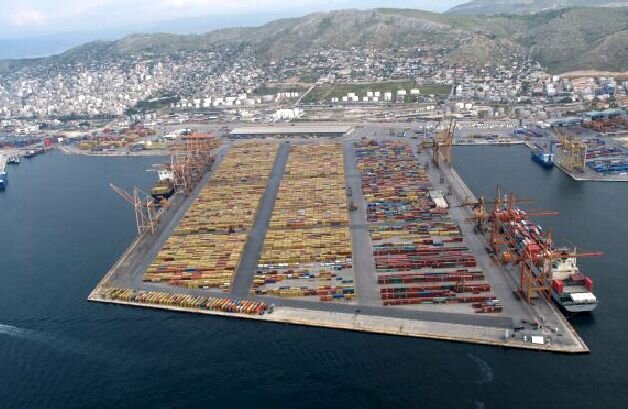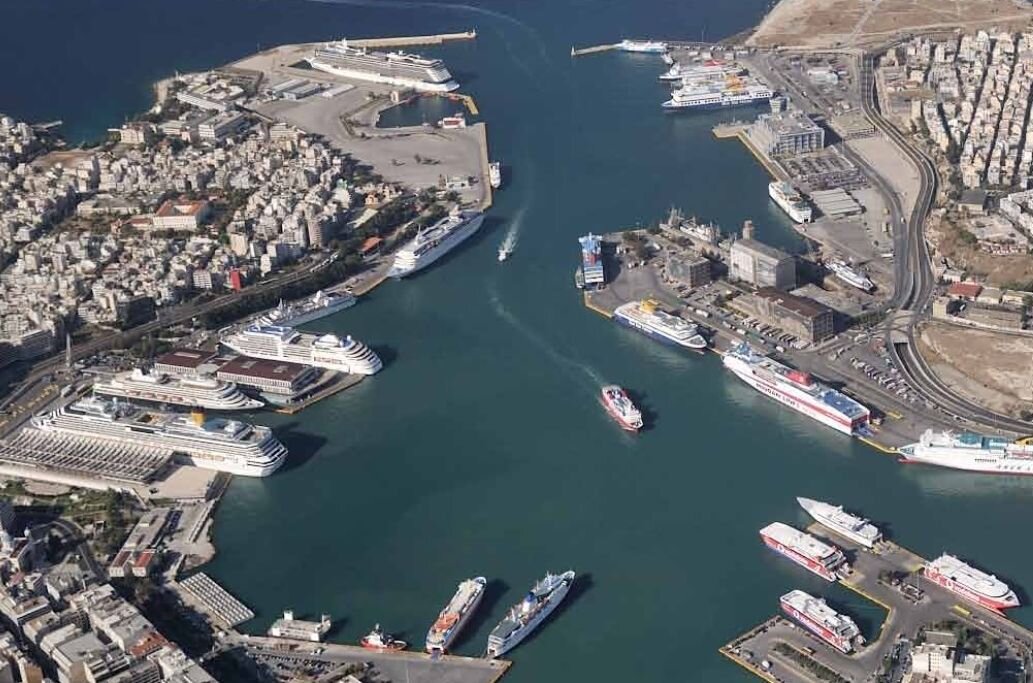Piraeus Port: The Backstory Behind a BRI Success Story
A frank and revealing interview with Grigoris Konstantellos, Mayor of Athens Riviera, Greece. According to Grigoris, because the port is expanding with Chinese BRI investment, Athens has more jobs and more trade flows through the port. The economic benefits have been significant. The biggest benefit, however, was that coming of Chinese shipping giant Cosco broke down a very old monopoly, which was the workers' union for the port which had kept prices high and throughput low for hundreds of years prior. For more previously unreported details on the port project and BRI activities in South and Eastern Europe. Have a listen!
(under the old system) “the port management was appointed by the state. The budget was, nobody cared if we're not profitable and we're losing money because the state budget will come and cover all the problems that might arise. You know you cannot shut down the port. You'll continue financing it through the state budget for salaries, for equipment, for whatever….And it might be crazy, but the people who were simple loaders—or even machinery drivers and operators—were working not more than 30 hours per week and they were getting double the salary of a doctor in the main hospital.”
The transition from the royally bestowed union monopoly to the market-oriented pragmatism the Chinese investment brought to the port management and operation was far from straightforward (more details on the transition in the podcast). The end result has been a clear win-win for Greece and for China and the BRI.
“Now we have three times the amount of goods passing through the terminals and the piers there. At the same time, we don't have triple the workforce, but we have double the workforce. Because productivity has been elevated.
Also, monthly salaries and overtime payments went back to reality—to whatever the market was paying for a worker that is in construction or, let's say, operating an excavator. The Chinese simply paid the Greek workers the same rate of pay they paid their own Chinese workers.
So we have the expansion of productivity, three times over. Expansion of the workforce to twice its size. And we have a reduction of labor costs, going back to reality. This was the whole, let's say, exercise—the math behind this transaction.“
Listen to the Podcast below in English!
Grigoris Konstatellos interviewed by Saad Bashir
Or find us on other platforms and subscribe to our show!


